May 24, 2025 | 03:15 GMT +7
May 24, 2025 | 03:15 GMT +7
Hotline: 0913.378.918
May 24, 2025 | 03:15 GMT +7
Hotline: 0913.378.918
In response to rice restrictions in India and the United Arab Emirates, Thailand requested that farmers limit rice planting due to a lack of water for agriculture and daily life. It is anticipated that the moves will affect global rice export markets. According to MARD, this is an excellent opportunity for rice exporters and producers in Vietnam.
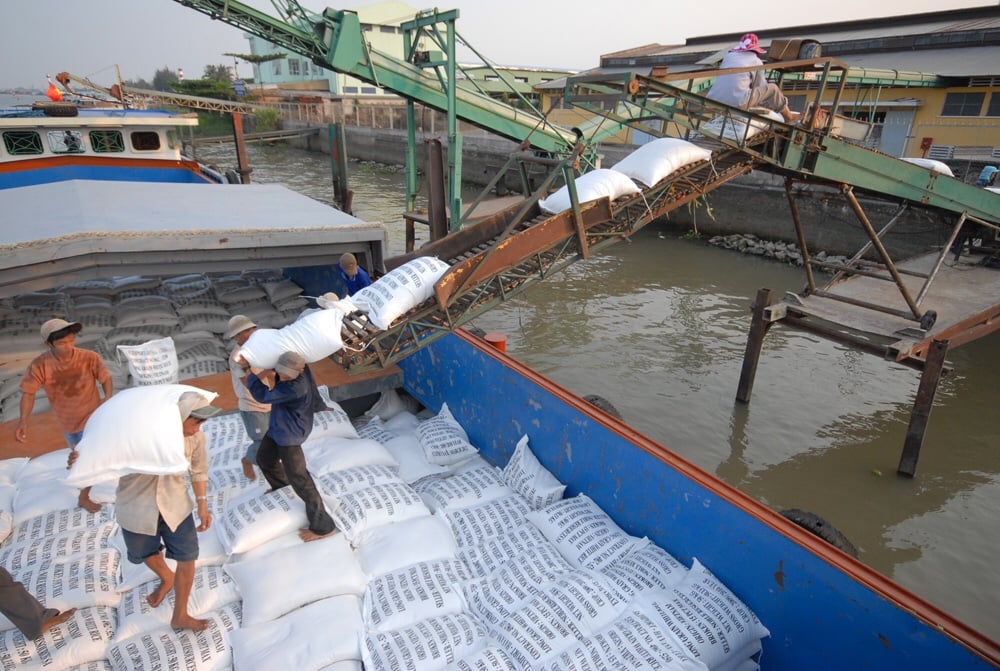
Vietnam is one of the top rice-exporting countries in the world. Photo: LHV.
In recent years, Vietnam's status as the world's largest exporter of rice in terms of volume has gained widespread recognition. In terms of quality, however, we have yet to establish a sufficiently powerful brand name in demanding markets. The opportunities to increase rice exports are evident; therefore, Vietnamese farmers and businesses must define the obstacles in exploiting this opportunity to improve the quality and reputation of Vietnamese rice. The query is what must be done to fulfill this expectation.
According to Dr. Nguyen Dang Nghia, farmers' propensity of using fertilizer and pesticides in rice cultivation in Vietnam with the attitude "the more, the better" has resulted in an overreliance on agricultural chemicals, which has caused severe damage to the economy and the environment. In terms of sustainability and safety, this practice has a profound impact on the excellent reputation and brand name of Vietnamese rice in international markets.
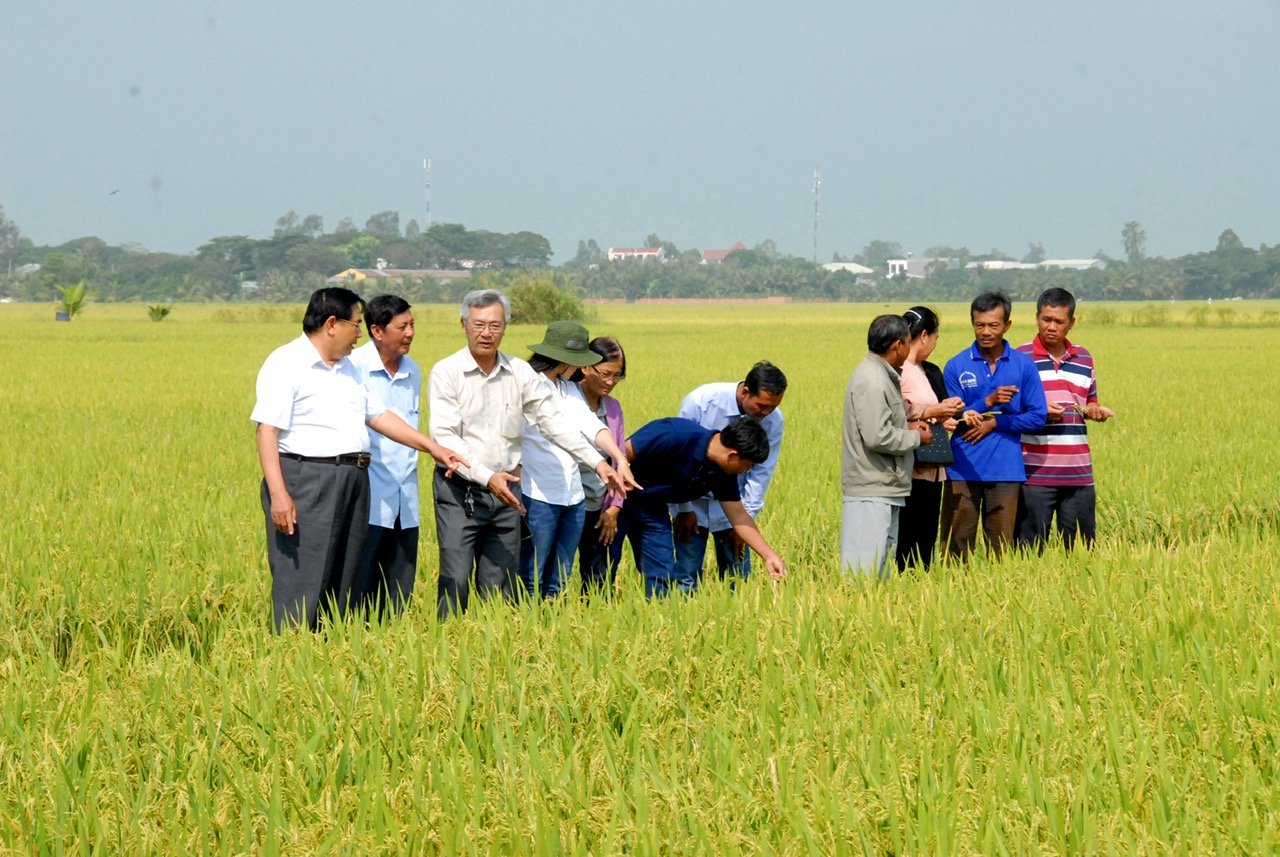
The Mekong Delta is the largest rice granary in the country. Photo: LHV.
To take advantage of this golden opportunity, Vietnamese farmers and enterprises must optimize and rigorously regulate the use of chemical fertilizers and pesticides in agriculture. To accomplish this, the significance of technological innovation in agricultural cultivation must be emphasized.
Precision agriculture technologies may be the secret to Vietnam's competitive advantage. In a nutshell, precision agriculture technology is a combination of digital applications and devices that help farmers manage chemical inputs, such as fertilizers and pesticides. This definition of "accurate" encompasses both quality and quantity. Using a system of sensors that monitor the environment and soil conditions, the computer will provide recommendations regarding the nutrient requirements of rice plants. With this data, producers can make more informed decisions regarding the use of agrochemicals. This reduces input costs and chemical residues in the soil and agricultural products. Therefore, Vietnamese rice can confidently satisfy the most stringent market requirements for food safety, chemical residues, and technical standards.
However, the adoption of such technologies necessitates careful consideration and substantial investments from producers, procuring companies, and the government. With their traditional and fragmented approach to cultivation, rice farmers may find it challenging to adopt these technologies.
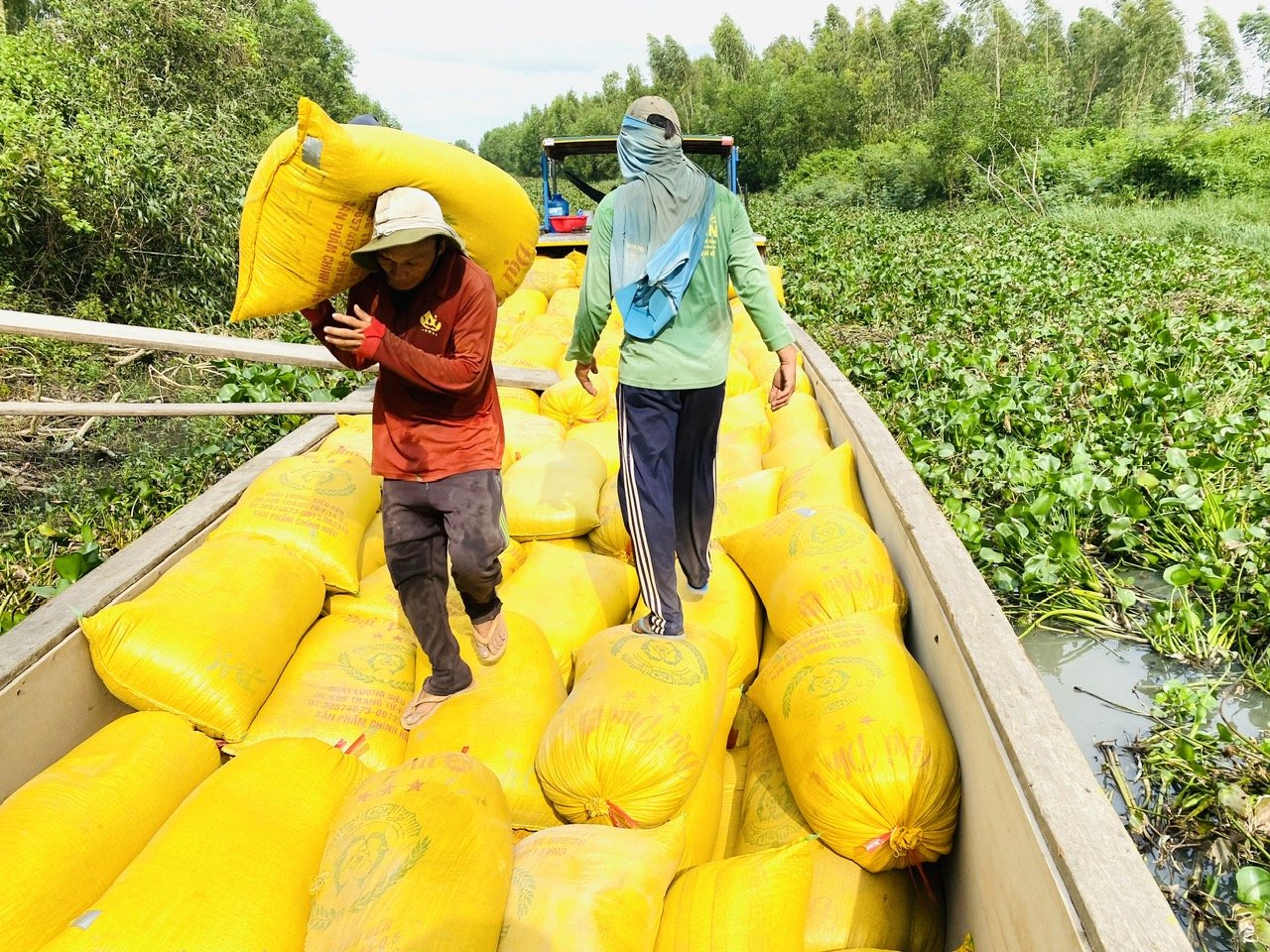
Buying rice in the Mekong Delta. Photo: LHV.
According to research published in the Journal of Crop Improvement in 2022 by a team of researchers from RMIT University, including PhDs Nguyen Le Hoang Long, Dr. Alerence Halibas, and Asst. Prof Nguyen Quang Trung, there has been a significant increase in crop yields. In order for producers in developing nations like Vietnam to have access to precision agricultural technology, government support and acquiring companies play a crucial role in creating favorable conditions. Specifically, cooperation between producers and enterprises is regarded as the most essential.
The group's most recent series of studies indicate that rice producers are eagerly anticipating the pioneering strategy of buying enterprises in cooperation and investing in agricultural technology innovation. Cooperation in investment in technology is anticipated to produce a "win-win" strategy for both enterprises and agriculture. Consequently, producers can optimize costs and increase output with the aid of technology, while purchasing enterprises have access to a secure and high-quality supply of rice for accessing high-margin markets.
Due to the limited and 'fragmented' nature of rice cultivation in Vietnam, it is difficult for businesses to cooperate and invest. In fact, businesses have encountered numerous obstacles when attempting to access and reach agreements with each household. Consequently, the function of the farmer association of cooperatives will open the "light door" for the cooperation process. In addition, through cooperatives, businesses will be able to link sectors on a larger scale, thereby establishing favorable conditions for the application of high technologies, which only provide benefits when applied on a large scale.
Although the development opportunity for Vietnam's rice exports has been confirmed prior to the trend of tightening supply on the global market, we must think further because this is also an opportunity for Vietnam to reposition its brand on the global market for clean, high-quality rice. To achieve this, the Government's support, the investment cooperation of purchasing enterprises, and the connecting function of agricultural cooperatives are prioritized in promoting the application of high technology, particularly precision agriculture technologies.
Translated by Linh Linh
/2025/05/22/5250-1-184853_288.jpg)
(VAN) According to a representative from the Central Retail Vietnam, Vietnamese products such as seafood, sweet potatoes, dragon fruit, coffee, and spices hold great potential in the Thai market.
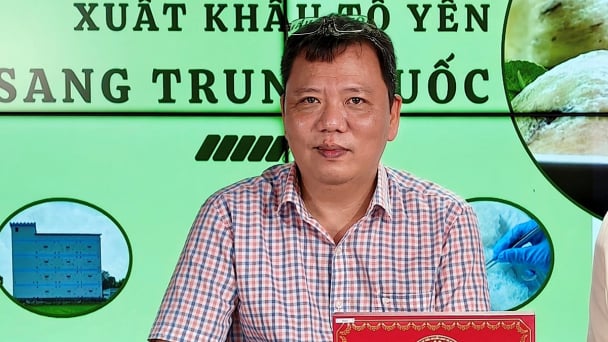
(VAN) A multi-channel, multi-directional strategy only works when the agricultural value chain meets global transparency and SPS standards.
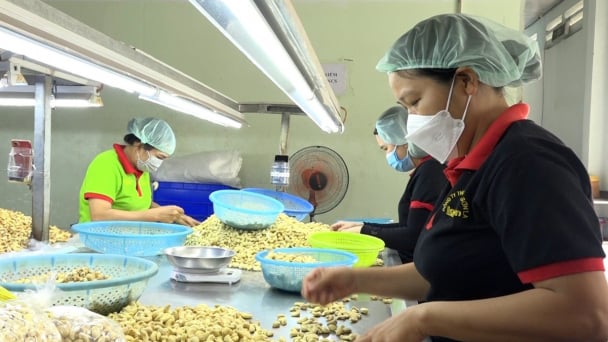
(VAN) Market expansion is a matter of survival for Vietnamese businesses amid fierce competition and global supply chain fluctuations.
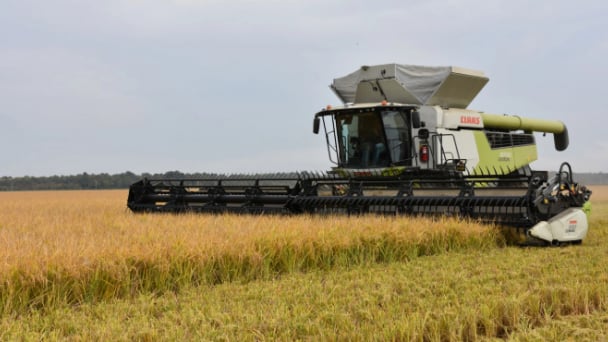
(VAN) Global market prospects for U.S. long-grain rice for the upcoming marketing year.
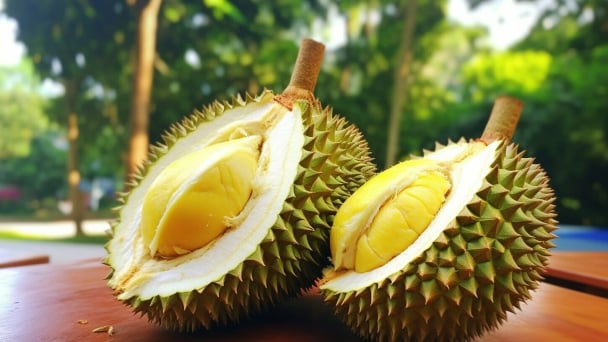
(VAN) China’s General Administration of Customs started permitting fresh durian shipments from Cambodia after a phytosanitary protocol was signed with the Cambodian Ministry of Agriculture in late April.
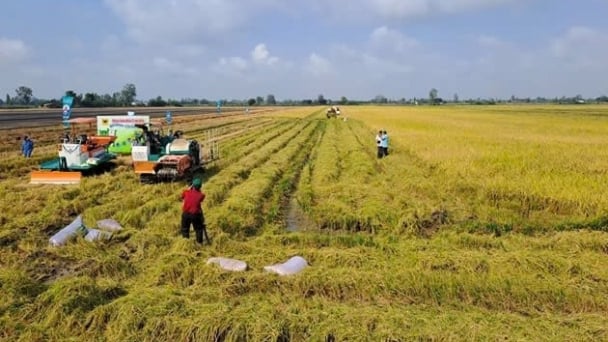
(VAN) To operate carbon market, one of the key issues is determining which types of 'commodities' meet the standards to be traded on the market.
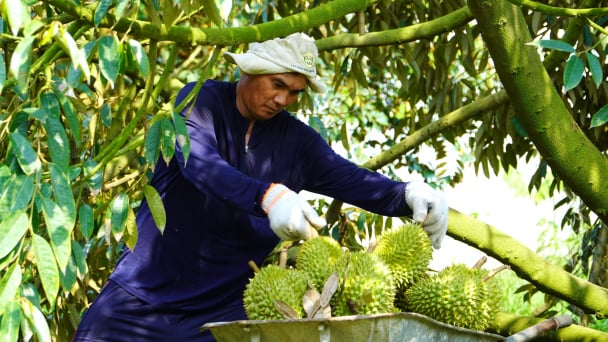
(VAN) Durian-producing localities need to coordinate more effectively with central authorities to improve the traceability, monitoring, and response systems in case of violations.